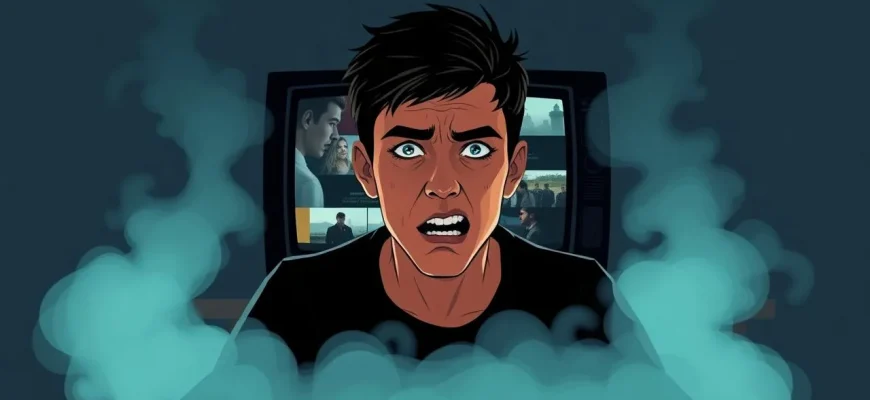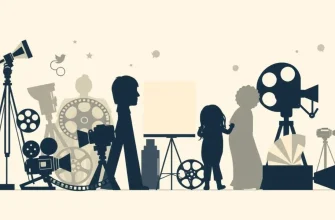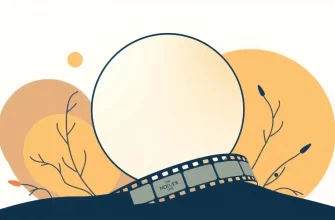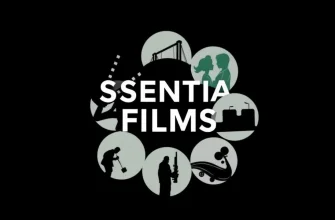The theme of hallucinations in cinema offers a fascinating exploration of the human psyche, blurring the lines between reality and illusion. This curated selection of films delves into the minds of characters experiencing altered perceptions, providing viewers with a unique, often unsettling, cinematic experience. These movies not only entertain but also challenge our understanding of reality, making them valuable for those interested in psychological depth and narrative innovation.

The Ninth Configuration (1980)
Description: A military psychiatrist takes over an asylum for military personnel, where he encounters patients with bizarre hallucinations, exploring themes of sanity and madness.
Fact: Written and directed by William Peter Blatty, who also wrote "The Exorcist," this film delves into philosophical questions about existence and reality.
 Watch Now
Watch Now
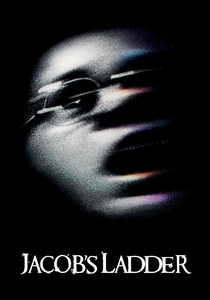
Jacob's Ladder (1990)
Description: A Vietnam War veteran experiences terrifying hallucinations, leading him to question what is real and what is a product of his fractured mind.
Fact: The film's ending was changed from the original script to provide a more ambiguous conclusion, leaving viewers to interpret Jacob's fate.
 Watch Now
Watch Now
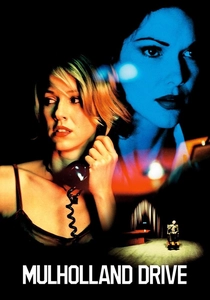
Mulholland Drive (2001)
Description: David Lynch's surreal narrative where dreams and reality intertwine, featuring a woman who experiences bizarre hallucinations after a car accident.
Fact: Originally conceived as a pilot for a TV series, it was re-edited into a feature film after the pilot was not picked up.
 Watch Now
Watch Now
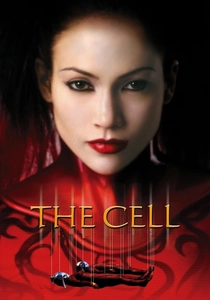
The Cell (2000)
Description: A psychologist enters the mind of a comatose serial killer to find the location of his last victim, experiencing his twisted hallucinations firsthand.
Fact: The film's surreal visuals were inspired by the works of H.R. Giger and Salvador Dalí, creating a unique visual experience.
 Watch Now
Watch Now
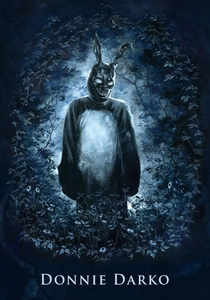
Donnie Darko (2001)
Description: A troubled teenager is plagued by visions of a man in a rabbit suit who manipulates him to commit acts that blur the line between reality and hallucination.
Fact: The film gained a cult following after its initial lukewarm reception. Its complex narrative has inspired numerous theories and analyses.
 Watch Now
Watch Now
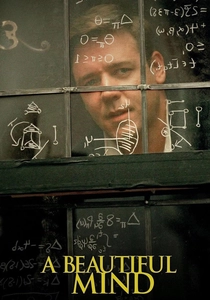
A Beautiful Mind (2001)
Description: Based on the life of mathematician John Nash, this film explores his struggle with schizophrenia, showcasing his hallucinations as part of his genius and torment.
Fact: The film won four Academy Awards, including Best Picture. Russell Crowe's portrayal of Nash was critically acclaimed, though some liberties were taken with the true story.
 Watch Now
Watch Now
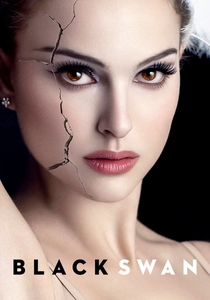
Black Swan (2010)
Description: A ballerina's descent into madness as she prepares for the dual role of the White and Black Swan, with her hallucinations reflecting her inner turmoil and perfectionism.
Fact: Natalie Portman underwent rigorous ballet training for the role, losing weight to portray the dancer's physical and mental strain. The film was nominated for five Academy Awards.
 Watch Now
Watch Now
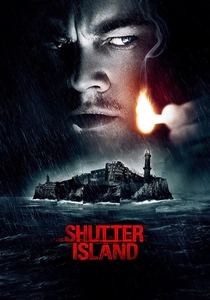
Shutter Island (2010)
Description: This psychological thriller follows a U.S. Marshal investigating the disappearance of a patient from a psychiatric hospital, only to find himself questioning his own sanity.
Fact: The film was shot on location at the former Medfield State Hospital in Massachusetts, which added to its eerie atmosphere. Martin Scorsese directed this adaptation of Dennis Lehane's novel.
 Watch Now
Watch Now

The Voices (2014)
Description: A mentally unstable man hears voices from his pets, leading him into a world of hallucinations and dark comedy.
Fact: Ryan Reynolds performed his own singing for the film, adding a unique layer to his character's portrayal.
 Watch Now
Watch Now
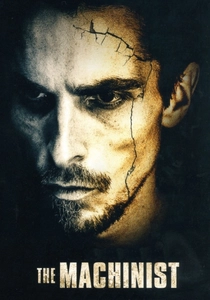
The Machinist (2004)
Description: Christian Bale stars as an insomniac machinist whose hallucinations and paranoia lead him on a dark journey to uncover the truth behind his condition.
Fact: Bale lost over 60 pounds for the role, showcasing his dedication to portraying the character's physical and mental deterioration.
 30 Days Free
30 Days Free

